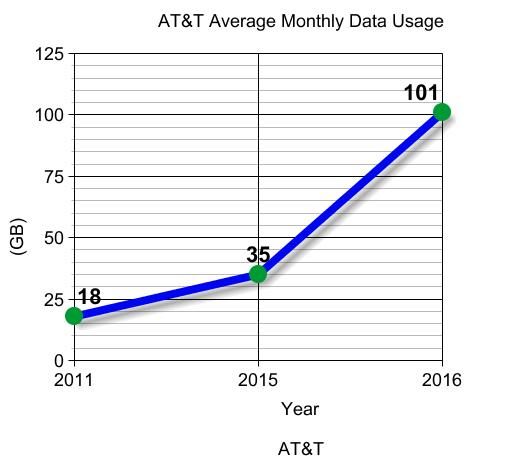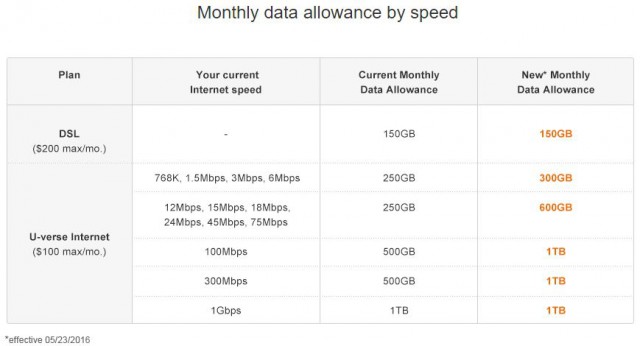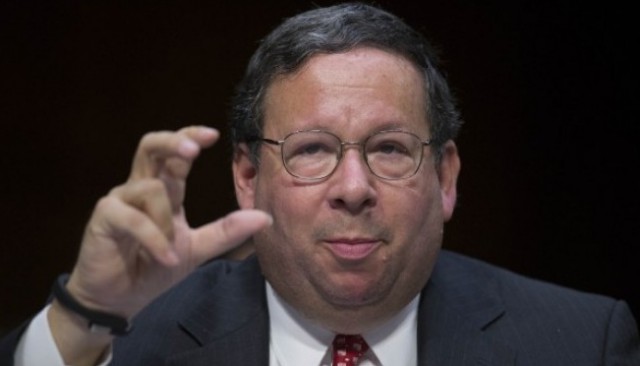
This SFR retail store is part of the Altice telecom empire
Two customer service representatives at Altice-owned SFR, a wireless carrier in France, may not have understood that the video they broadcast over Periscope showing the destruction of a difficult customer’s cell phone wasn’t just for their friends’ viewing pleasure.
France is buzzing today about the wider release of the video, showing the two employees complain that despite the fact the customer’s phone was being repaired, “he’s breaking our balls this morning. You know what we’ll do to his phone?”
The miracle of Periscope, which let’s you “explore the world through someone else’s eyes,” means everyone watching quickly found out as they obliterated the smartphone by repeatedly throwing it to the ground.
Their evil plan, shared with countless viewers, was first to prove it was not a dummy phone they were destroying, and then claim it was the condition of the phone as it was received.
[flv]http://www.phillipdampier.com/video/SFR Workers Destroy Customer Cell Phone Live on Periscope 3-31-16.mp4[/flv]
These two SFR employees apparently misunderstood that more than their friends would be watching Periscope as they destroyed a difficult customer’s cell phone. (French) (1:54)
 After the first 10,000 views of the video-that-went-viral, SFR’s damage control team moved in… to rescue SFR’s reputation. The company tweeted it had identified the culprits, (later independently identified as employees of the SFR shopping center in Villeneuve d’Ascq) and they would be “severely punished.” Within hours, both men were fired.
After the first 10,000 views of the video-that-went-viral, SFR’s damage control team moved in… to rescue SFR’s reputation. The company tweeted it had identified the culprits, (later independently identified as employees of the SFR shopping center in Villeneuve d’Ascq) and they would be “severely punished.” Within hours, both men were fired.
But customers of this Altice-owned operation consider it business as usual. As Altice continues to fight for approval of its acquisition of Cablevision, its largest wireless holding in France is fighting to to be taken seriously by its dwindling customer base.
On Wednesday, the French Association of Telecom Users (AFUTT) released its 2015 Report on Complaints and Customer Dissatisfaction, and no company disappointed more than SFR.
Despite repeated assurances from Altice and SFR-Numericable executives that things were improving, the report found the exact opposite. SFR-Numericable (the combination wireless and cable operator) was the subject of 36% of all complaints against all French telecom companies among Internet users, despite only having a 21% market share. It was the only telecom operator in France to further decline in the ratings, for a second year in a row.
“We can assume the acquisition of SFR by [Altice-owned] Numericable resulted in some initial disruptions to the quality of their service,” the AFUTT report speculates. “The first reports of this appeared in 2014 and have continued and grown in 2015.”
That may be bring pause to New Yorkers and state regulators currently reviewing Altice’s application to acquire Cablevision. Several consumer groups and unions have specifically called out the management methods of Altice founder Patrick Drahi as responsible for many of the problems, noting his demands for forcible cost cutting, squeezing supplies, and exasperating unions have caused many employees to depart.

36% of all complaints about telecom companies in France are directed against Altice-owned SFR-Numericable, claims AFUTT.


 Subscribe
Subscribe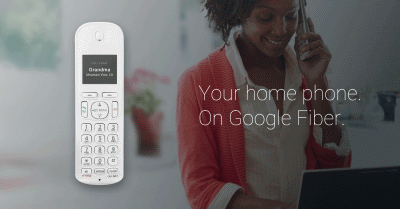 Although tens of millions of Americans have pulled the plug on landlines in favor of their mobile phones, there is still a market for affordable landline phone service, especially if you hate talking on cellphones.
Although tens of millions of Americans have pulled the plug on landlines in favor of their mobile phones, there is still a market for affordable landline phone service, especially if you hate talking on cellphones. Stop the Cap! has learned customer complaints about Suddenlink Communications’ data caps have made an impact, and the company is planning to rollout a new campaign starting April 1 allowing premium customers to get their unlimited data back, eventually at a price.
Stop the Cap! has learned customer complaints about Suddenlink Communications’ data caps have made an impact, and the company is planning to rollout a new campaign starting April 1 allowing premium customers to get their unlimited data back, eventually at a price.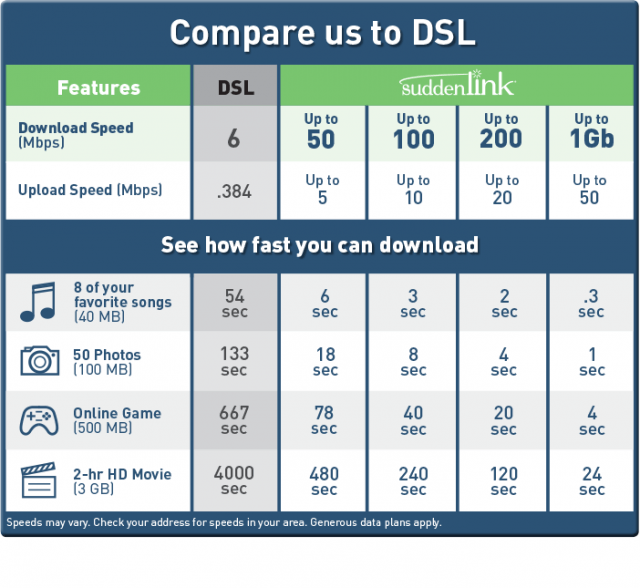 Customers will need to call Suddenlink to sign up for the offer (we’ve reached out to the company to learn the details we will share if we receive them), which provides unlimited service free for the first year. In year two, unlimited will cost $5 extra a month and after the second year Suddenlink will charge customers $10 extra.
Customers will need to call Suddenlink to sign up for the offer (we’ve reached out to the company to learn the details we will share if we receive them), which provides unlimited service free for the first year. In year two, unlimited will cost $5 extra a month and after the second year Suddenlink will charge customers $10 extra.

 AT&T has indirectly announced it will enforce hard data caps on its U-verse broadband service for the first time, imposing overlimit fees for customers that exceed their allowance unless they agree to pay $30 extra a month for a new unlimited add-on plan.
AT&T has indirectly announced it will enforce hard data caps on its U-verse broadband service for the first time, imposing overlimit fees for customers that exceed their allowance unless they agree to pay $30 extra a month for a new unlimited add-on plan.
